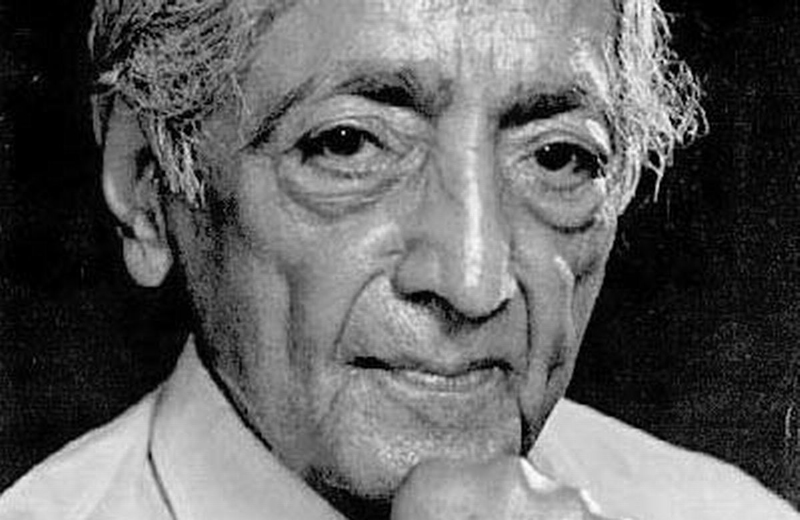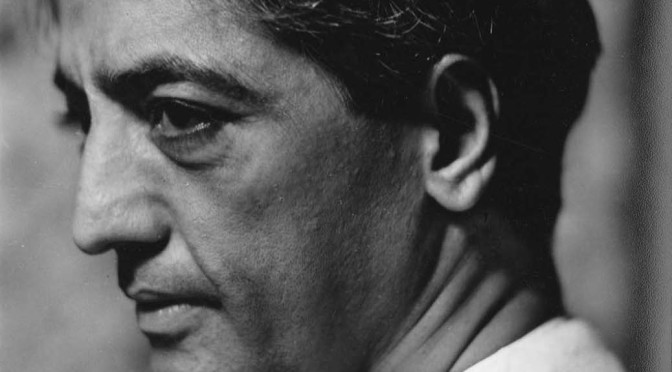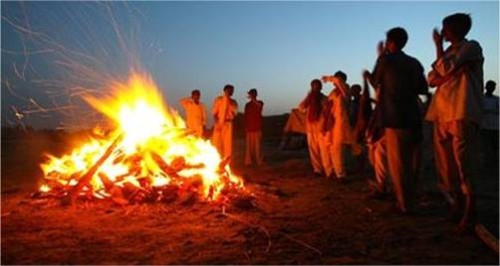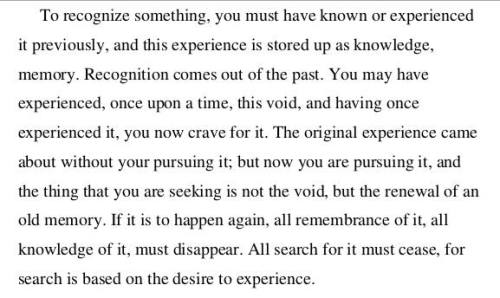The beauty of freedom is that you do not leave a mark. The eagle in its flight does not leave a mark…
…to seek for wider, deeper, transcendental experience, is a form of escape from the actual reality of `what is,’ which is ourselves, our own conditioned mind. A mind that is extraordinarily awake, intelligent, free, why should it need, why should it have, any `experience’ at all? Light is light, it does not ask for more light. The desire for more `experience’ is escape from the actual, the `what is’.
Life is a movement, a constant movement in relationship; and thought, trying to capture that movement in terms of the past, as memory, is afraid of life.
Questioner: Sir what do you want us people here on this world to do?
Krishnamurti: Very simple sir: I don’t want anything. That’s first. Second: live, live in this world. This world is so marvellously beautiful. It is our world, our earth to live upon, but we do not live, we are frightened, we are narrow, we are separate, we are anxious, we are frightened human beings, and therefore we do not live, we have no relationship, we are isolated despairing human beings, and therefore we do not know what it means to live in that ecstatic, blissful sense.
If one does completely put aside every form of belief, then there is no fear whatsoever.
Sir,it’s one of the most difficult things to be sane in this abnormal, insane world. Sanity implies having no illusion, no image at all about oneself or about another.
There is no time if there is no thought. Thinking about that which happened yesterday, being afraid that it may happen again tomorrow – this is what brings about time as well as fear.
The idea of tomorrow, the future is – is it not? – the cause of not seeing things very clearly as they are now – `I hope to see them more clearly tomorrow’.
Meditation is the way of life, every day – only then, that which is imperishable, which has no time, can come into being.
If you have not actually laid the foundation, you can play with meditation but that has no meaning – it is like those people who go out to the East, go to some master who will tell them how to sit, how to breathe, what to do, this or that, and who come back and write a book, which is all sheer nonsense. One has to be a teacher to oneself and a disciple of oneself, there is no authority, there is only understanding.
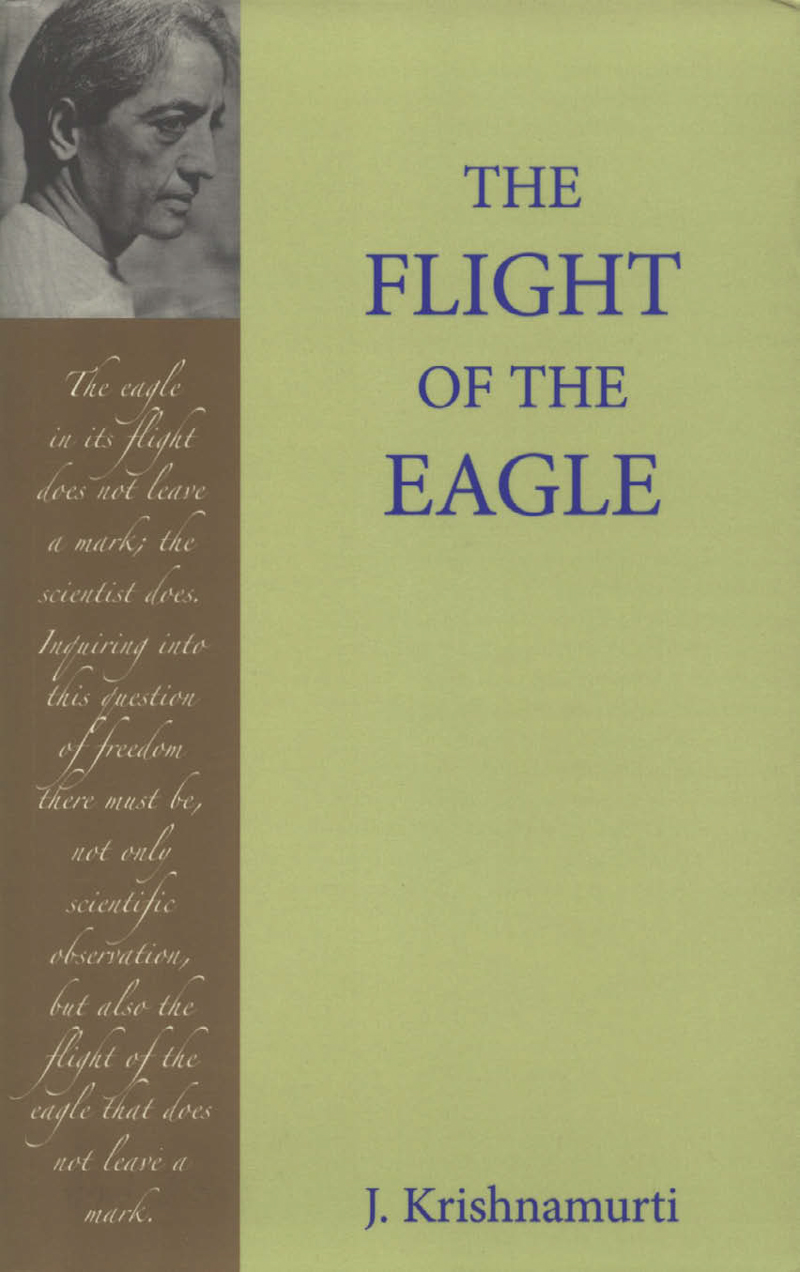
Continua a leggere→


